EU-FUNDED PROJECTS
We engage in diverse EU-funded projects focused on energy transition, circular economy, and industrial innovation. Our work spans sectors like manufacturing, social housing, and food value chains, driving collaboration and sustainable growth across Europe.

On-going Projects
Our current projects are at the forefront of technological innovation and sustainable development across Europe. We are always looking for like-minded partners to collaborate with and make a greater impact together.
The EENOVA project addresses the food chain’s reliance on fossil fuels by promoting energy-smart solutions in five regional value chains across Europe. Focused on energy efficiency, renewable energy, and reducing carbon intensity, EENOVA tackles key challenges in food processing and logistics. Through a series of collaborative roundtables, the project conducts energy audits, identifies critical factors, develops action plans, and shapes policy recommendations, ultimately creating scalable models for energy-efficient practices in the food industry.
The STORMING project is pioneering structured reactors powered by renewable electricity to produce CO2-free hydrogen and valuable carbon nanomaterials from methane. By combining innovative Fe-based catalysts, advanced reactor designs, and cutting-edge computational techniques, STORMING aims to achieve hydrogen production with over 60% energy efficiency, net-zero emissions, and reduced costs. The project’s interdisciplinary approach will validate this catalytic technology at TRL 5, paving the way for sustainable energy solutions while fostering social acceptance and stakeholder engagement in hydrogen technologies.
The DMaaST project is redefining the future of manufacturing by strengthening resilience, adaptability, and sustainability within the sector. By leveraging cutting-edge technologies and a human-centered, circular approach, DMaaST enhances value networks' ability to respond to unforeseen events, fosters the transition to Manufacturing-as-a-Service (MaaS), and promotes secure real-time data integration across organizations. The project envisions a resilient and efficient manufacturing ecosystem capable of thriving in dynamic global conditions.
The CORALIS project demonstrates innovative pathways for decarbonizing resource- and energy-intensive sectors through industrial symbiosis (IS). By addressing technological, managerial, and economic factors, CORALIS establishes an IS readiness level to evaluate and guide IS initiatives. The project integrates a Virtual Assessment Platform to support IS operations, ensuring harmonized monitoring and lifecycle impact assessments. Demonstrated across three industrial parks, with replication planned in three more, CORALIS develops a scalable framework, handbook, and recommendations to drive IS adoption and foster collaboration among European stakeholders.
DEESME 2050 empowers companies in the furniture sector across Bulgaria, France, Italy, and Poland to adopt energy efficiency measures tailored to their readiness levels. By providing training, energy audits, and integrated tools, the project builds organizational capacity while promoting sustainable practices. DEESME 2050 fosters collaboration with associations and policymakers to align energy efficiency with market competitiveness, climate action, and financial feasibility, ensuring long-term impact and replicability across the value chain.
The CircularPSP project unites eight leading Circular Economy cities across Europe to accelerate the transition to circular practices. By investing in R&D, the project aims to develop innovative solutions that empower municipalities, businesses, and individuals to adopt circular practices more effectively and frequently. Through a Follower Network, additional cities, regions, and organizations can engage with the project, promoting widespread collaboration and knowledge-sharing to drive impactful change towards a circular economy.
The REDOL project aims to transform cities into hubs for circularity by redesigning solid urban waste (SUW) value chains and implementing zero-residue strategies. Focused on five key waste streams—packaging, plastics, construction demolition waste, textiles, and electronic waste—REDOL integrates advanced waste management technologies, innovative processing methods, and digital tools to optimize recycling and reduce landfilling. Centered in Zaragoza, the project promotes industrial-urban symbiosis, supports social innovation, and enhances public perception of waste as a resource, driving the city’s transition toward zero residues by 2040.
SUPER-i and SUPERSHINE are complementary projects addressing energy efficiency and energy poverty in social housing. SUPER-i focuses on funding energy-efficient refurbishments across Europe, developing public-private partnerships, and integrating renewable energy into housing portfolios. SUPERSHINE builds on this foundation by renovating social housing to create smart, sustainable districts, demonstrated through pilot projects in Trieste, Herning, and Riga. Together, these initiatives aim to reduce energy poverty, promote zero-carbon living, and support the European Green Deal and Renovation Wave Strategy.
The CAPTUS project focuses on enabling energy-intensive industries to meet carbon neutrality goals through innovative carbon capture technologies and strategies. By utilizing renewable energy supply peaks, the project aims to capture carbon and convert it into liquid energy carriers for renewable fuels and chemicals. With pilot installations at cement, chemical, and steel plants, CAPTUS will adapt carbon capture to specific industrial conditions, validate energy carriers, optimize processes, and develop business models for broader replication, paving the way for sustainable industrial transformation.
The eLITHE project is revolutionizing the ceramic industry by developing electrified heating systems for high-temperature processes, replacing fossil-based systems. With the potential to significantly reduce greenhouse gas emissions, eLITHE addresses the 19 million tons of CO₂ emitted annually by the European ceramic sector. By advancing efficient and safe electric heating technologies, the project contributes to the EU's 2050 climate neutrality goals while driving sustainable transformation in energy-intensive industries.
Past Projects
Our projects’ lifespan has a long-term impact that extends after the end of the implementation period. We strive to make connections and find synergies with completed projects. This space should serve as a repository of tools and information.
The RETROFEED project enables process industries to adapt to variable, bio-based, and circular feedstocks by retrofitting core equipment and implementing advanced monitoring and control systems. By integrating a Decision Support System (DSS) to assist operators across the production chain, RETROFEED enhances efficiency and sustainability. Demonstrated in five energy-intensive sectors—ceramic, cement, aluminium, steel, and agrochemical—the project showcases innovative solutions for transitioning industries toward circular and resource-efficient operations.
The RE4Industry project supports energy-intensive industries (EIIs) in Europe on their journey toward full decarbonization by 2050 through the adoption of renewable energy (RE) solutions. By providing strategic guidance and facilitating retrofitting and integration of RE technologies, the project enables industries to transition smoothly and securely. RE4Industry explores short-term solutions, such as biomass, solar, and geothermal energy, while paving the way for long-term innovations like hydrogen and e-fuels, aiming for 100% RE use and net-zero emissions by 2050.
The OneNet project aims to transform Europe's electricity system into a unified, efficient network by developing a scalable architecture that enables seamless integration of all stakeholders, from small consumers to large producers. By standardizing products and services and designing an open IT architecture, OneNet seeks to fully exploit demand response, storage, and distributed generation, creating fair, transparent, and open conditions for consumers. The project involves large-scale demonstrations across 15 European countries to validate its concepts and solutions.
Visit the OneNet website
The DEESME project supports companies, particularly SMEs, in navigating the energy transition by leveraging the multiple benefits of energy management and audits. It assists national authorities in enhancing energy schemes under Article 8 through shared best practices and tailored recommendations. By organizing training, conducting energy audits, and implementing advanced energy management systems, DEESME empowers SMEs to adopt sustainable practices. With a strong consortium across six European countries, the project drives impactful and scalable energy efficiency solutions.
This project expanded the Investor Confidence Project’s standardization approach beyond buildings to industry and infrastructure, building on the Horizon 2020-funded ICPEU project. It developed standardized protocols and tools for energy efficiency in street lighting and district energy, alongside a European-wide communications plan and targeted work in five countries.
The project provided training for developers and quality assurance providers, certified Investor Ready Energy Efficiency (IREE) projects, and offered technical assistance. It also worked with financial institutions to integrate IREE into investment and lending practices.
The ERER project, funded under the SILC I programme, focused on energy recovery and emission reduction at the factory level. It aimed to implement short-term, replicable solutions to optimise processes, introduce new systems, and develop best practices for reducing greenhouse gas emissions. As part of the wider SILC I initiative, which supported eight projects across industries like iron and steel, cement, glass, ceramics, and pulp and paper, ERER contributed to sustainable industrial innovation through technological and non-technological measures.
Learn more >>

-
Avenue des Klauwaerts 6,
1050 Brussels, Belgium - +32 (0) 2740 43 63
- mail@ee-ip.org
Copyright © 2025. All rights reserved.


